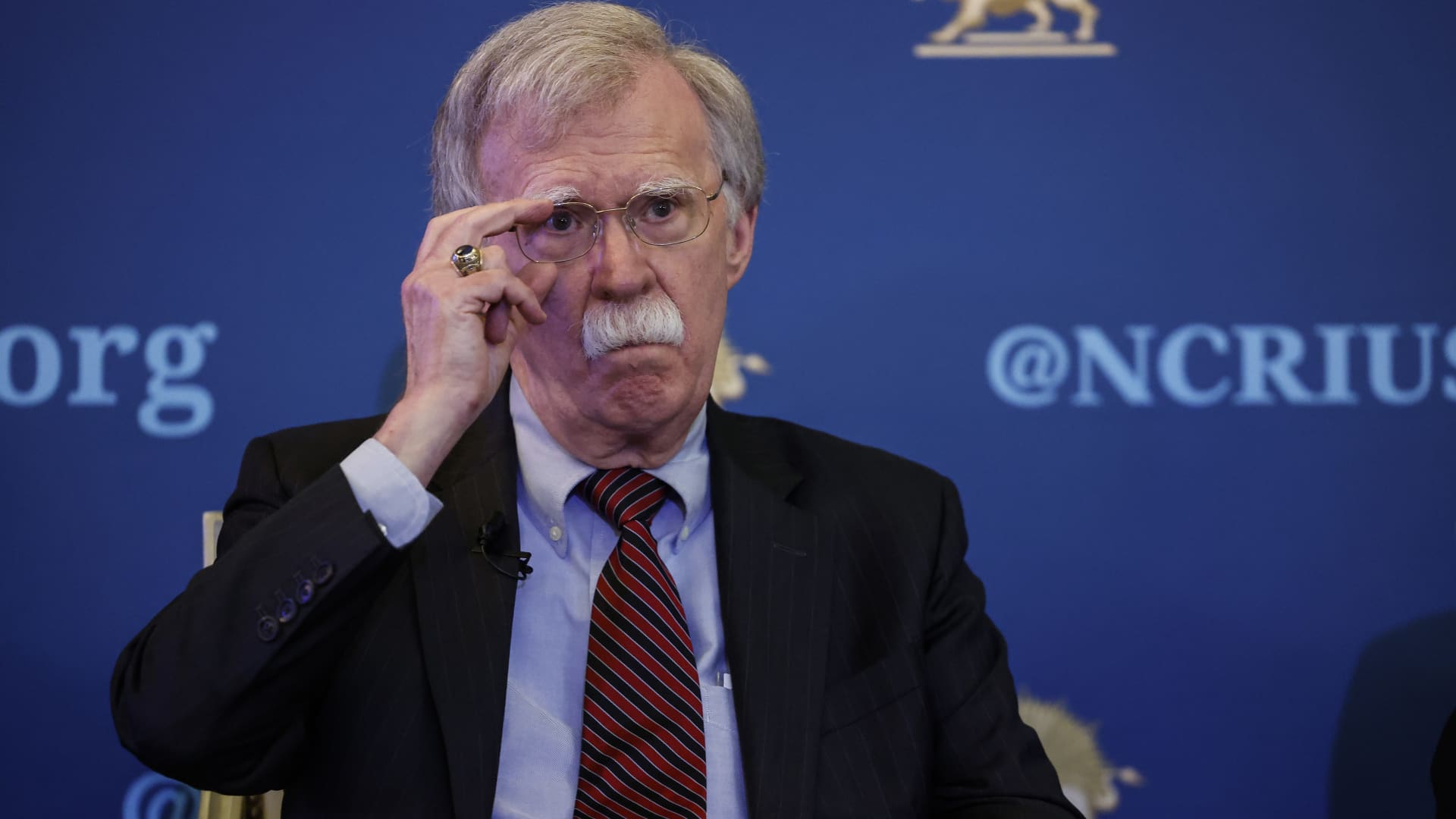Energy
Monday, April 29th, 2024 3:02 pm EDT
Key Points
- JPMorgan’s call for a “reality check” on global energy transition goals is deemed sensible by the UAE’s energy minister, Suhail Al Mazrouei, emphasizing the importance of realistic predictions, especially for long-term endeavors.
- The warning from JPMorgan highlights the potential for the transition from fossil fuels to renewables to take “generations,” citing factors such as higher interest rates, inflation, and ongoing conflicts in regions like Ukraine and the Middle East, which hinder efforts to reduce fossil fuel usage.
- Al Mazrouei acknowledges the varying circumstances and financial capabilities of countries in undertaking energy transition goals, emphasizing that while some nations can afford such transitions through fiscal adjustments and energy cost adaptations, others cannot, highlighting the complexity and inequality of the global energy landscape.
The UAE’s energy minister, Suhail Al Mazrouei, praised JPMorgan’s recent call for a “reality check” on the world’s energy transition goals and pathway, deeming it sensible. Speaking in Riyadh, Saudi Arabia, at the World Economic Forum, he emphasized the need for caution when making long-term predictions, especially regarding the shift from fossil fuels to renewables. JPMorgan’s note to clients cautioned that achieving net-zero targets could take generations, attributing setbacks to factors like higher interest rates, inflation, and ongoing conflicts in Ukraine and the Middle East. Al Mazrouei echoed the sentiment, acknowledging that each country’s circumstances and financial capabilities differ when undertaking energy transition goals. He noted that while some nations can afford such transitions due to fiscal adjustments and energy cost adaptations, others cannot. The global commitment to limit temperature rise under the Paris climate accord requires significant emissions reductions by 2030 and achieving net zero by 2050. However, a higher interest rate environment poses challenges to transitioning to a net-zero global economy, particularly impacting renewables and nuclear power projects due to their high capital intensity and low returns. Scotland recently scrapped its 2030 climate target, citing budgetary restrictions imposed by the UK government as a contributing factor. Similarly, major oil companies like BP and Shell have adjusted their climate targets. Despite these challenges, the UAE remains committed to expanding nuclear energy capacity, aligning with its goal to triple the world’s nuclear energy capacity by 2050.
For the full original article on CNBC, please click here: https://www.cnbc.com/2024/04/29/uae-minister-jpm-calls-for-reality-check-on-energy-transition-is-sensible.html




